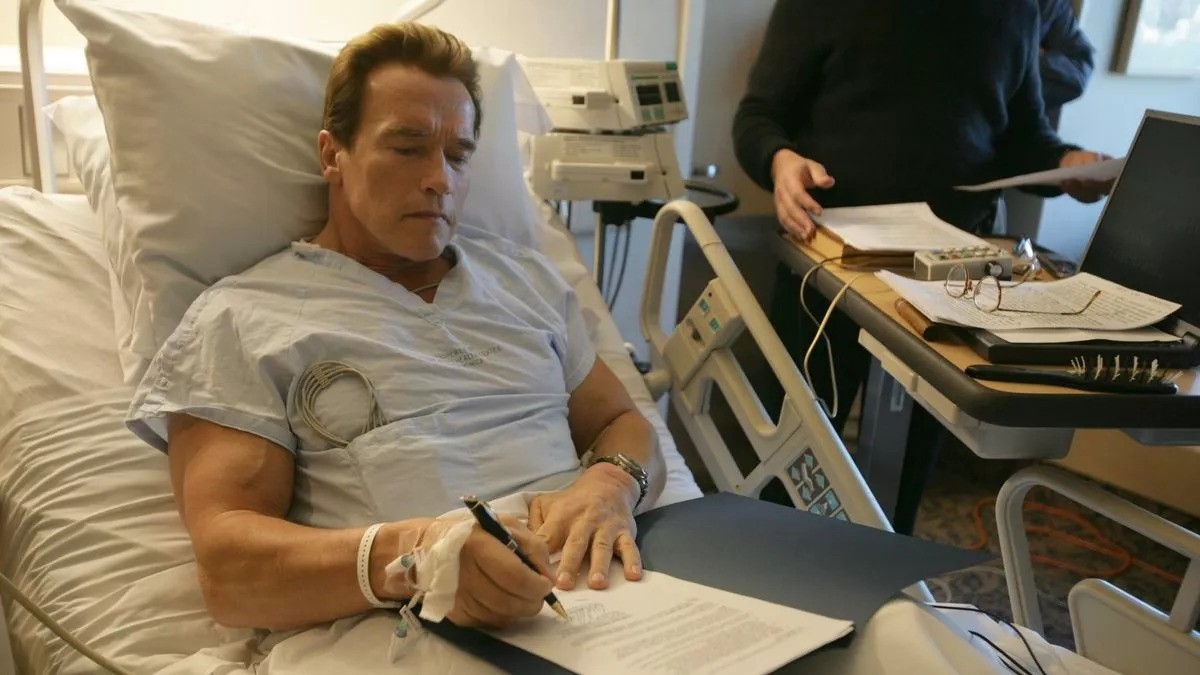1.Forsina Makoni
An elderly Zimbabwean woman who died after setting herself alight in Gillingham after her claim for political asylum was refused. She had been a vocal opponent of Robert Mugabe’s regime and became depressed in the weeks before her death after her claim was refused.
2.Edmore Ngwenya
On Wednesday 14 September 2005, 26-year-old Edmore Ngwenya, a Zimbabwean asylum seeker jumped into a canal in Manchester.
Little is known about Edmore Ngwenya, the Zimbabwean asylum seeker who died in Manchester, other than what police have revealed: ‘Underwater Search Teams recovered the body of a man, believed to be aged in his 20s, from the canal at Exchange Quay in Ordsall. Police were called to Exchange Quay at approximately 4.10pm in the afternoon [14 September], following reports that a man was standing on chains at the quayside. When they arrived, officers found the man, balancing on the chains that hold the buffer tyres at the side of the canal. Officers encourage him to come away from the canal. He was then seen to step from the chains and into the canal, going under the water. Two officers jumped in after him, while other officers called instructions from the quayside. The man re-surfaced a number of times before disappearing under water.’ The Manchester Evening News reported that witnesses felt officers hesitated in responding to the situation: ‘Everyone in our office was shouting at the police to jump in to save him. These officers looked like they were just not trained to deal with it,’ said a witness. The Independent Police Complaints Commission is conducting a ‘supervised’ investigation into the death.
While we do not know the reason why Edmore Ngwenya, a 26-year-old Zimbabwean asylum seeker, took his own life, it is clear that the list of those fearful of forced return who take their own lives is growing.
3.STAR E NGWENYA, LATE 2005
A destitute Zimbabwean asylum seeker died in Hull hospital. She was apparently suffering from mental health problems and was, according to a friend, ‘living from place to place, depending on friends who could not provide her daily needs’. She had also suffered from a stroke and was unable to access any treatment.
4.LIZWANE NDLOVU, early 05
A Zimbabwean asylum seeker died in Birmingham City hospital, probably from TB, though she did not know she had the disease. She took part in a hunger strike at Yarl’s Wood where she was detained, lapsing into a coma just weeks after being released from detention. Questions have been asked as to whether the removal centre had diagnosed her condition.
Also read:
5.UNNAMED ZIMBAWEAN MAN, late 2008
A Zimbabwean man found dead at his home, a month after being released from Colnbrook, the maximum security removal centre in west London. A post-mortem revealed the cause of death as tuberculosis (TB). The man came to the UK in 2002 on a visitor’s visa that he overstayed. He was held at Colnbrook for just over two years until shortly before his death. Prior to that he had served a sentence of forty months at Littlehey prison where he was detained under immigration powers for deportation to Zimbabwe and transferred to Colnbrook. In July 2008, he was temporarily released on licence following an Appeals Tribunal hearing and placed in National Asylum Support Service (NASS) accommodation, where he was found on 1 September 2008 a neighbour noticed his flat door was open and the television on. The man was released six days after being told he was no longer infectious and after having spent time in hospital and on the healthcare wing at Colnbrook being treated for TB. Information from the coroner suggested that he had been trying to register with a doctor following his release from Colnbrook but had been unsuccessful. An investigation following the death by the Prisons and Probation Service Ombudsman (PPO) made four recommendations, two in relation to the medical needs of detainees and two in relation to public protection. The two public protection recommendations were accepted, however the recommendations in relation to accessing healthcare for asylum seekers were not. The PPO stated that the ‘the state has a duty of care to those it is releasing from immigration detention’, and was also critical of the lack of information provided to NASS caseworkers who were unaware of the man’s medical condition.
Source :IIR







3 Comments